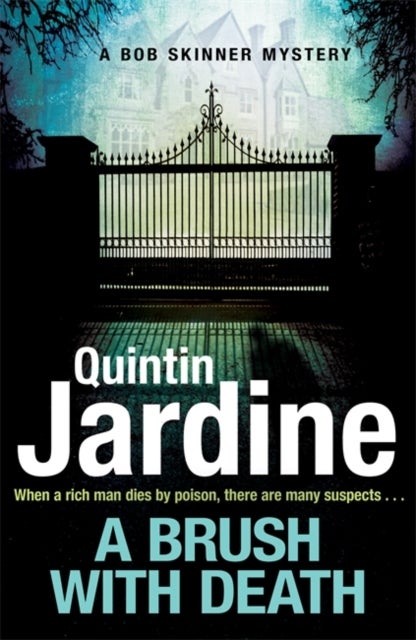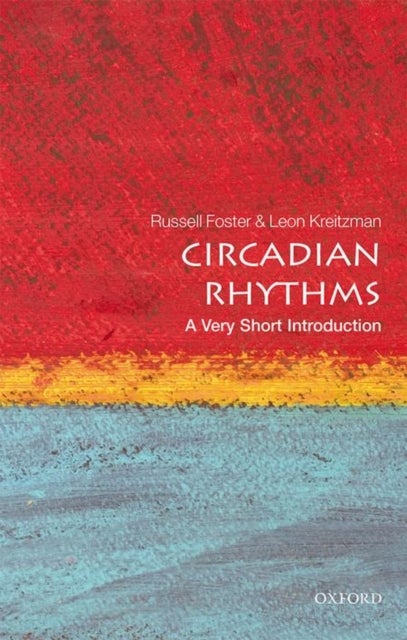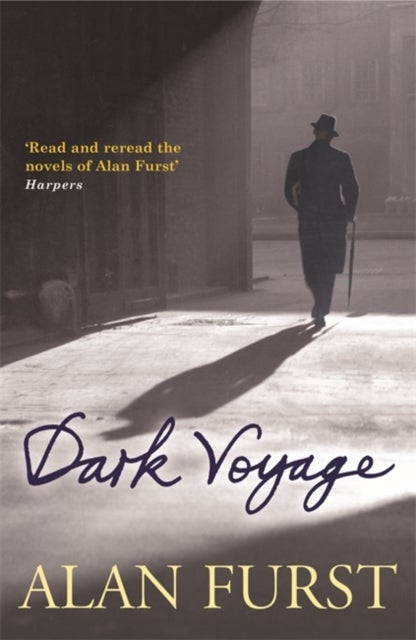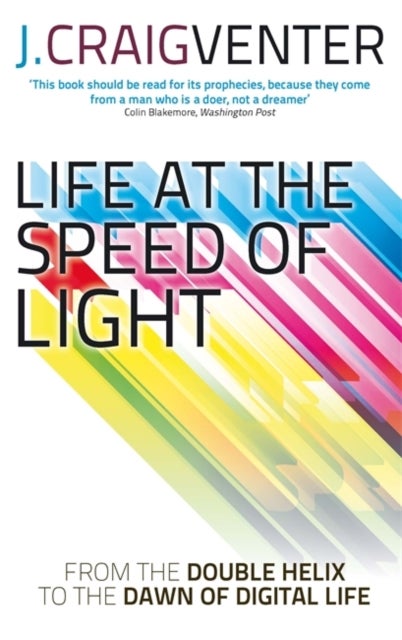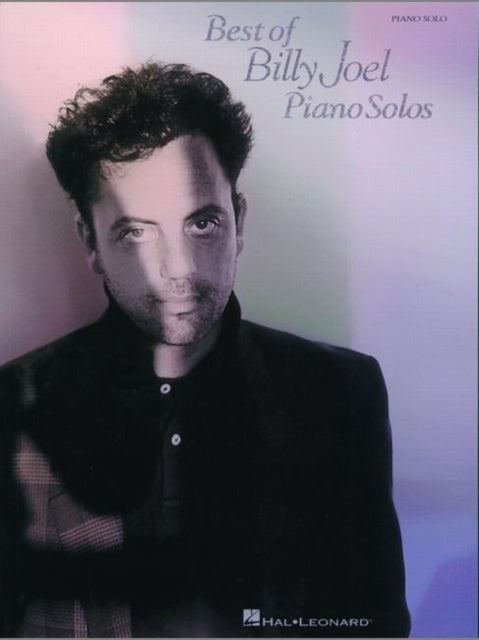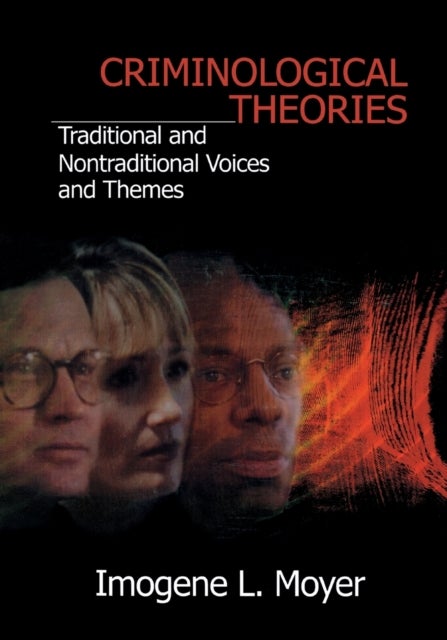
Criminological Theories av Imogene L Moyer
1869,-
<p>As an experienced teacher of criminological theory at graduate and undergraduate levels, Imogene Moyer grew increasingly dissatisfied with the somewhat narrow focus of the books available. In her new text, Moyer has succeeded in presenting instructors and students with a comprehensive and engaging alternative. </p><p>Moyer takes a multidimensional approach to the subject by including "new" theorists such as </p><p>W.E.B. DuBois, Pauline Tarnowsky, Frank Tannenbaum, Ruth Shonle Cavan, and Sally Simpson, often allowing the theorists'' original source material to speak for them. Chapters are devoted to recently developed perspectives, particularly from women and people of color, which provide readers with a broader understanding of crime and criminal behavior.</p><b><p>Criminological Theories</b> is organized in a chronological order, beginning with the 18<sup>th </sup>century classical school ¿ focusing on Beccaria and Bentham ¿ and ending with the late 20th-century peacemaking perspe

